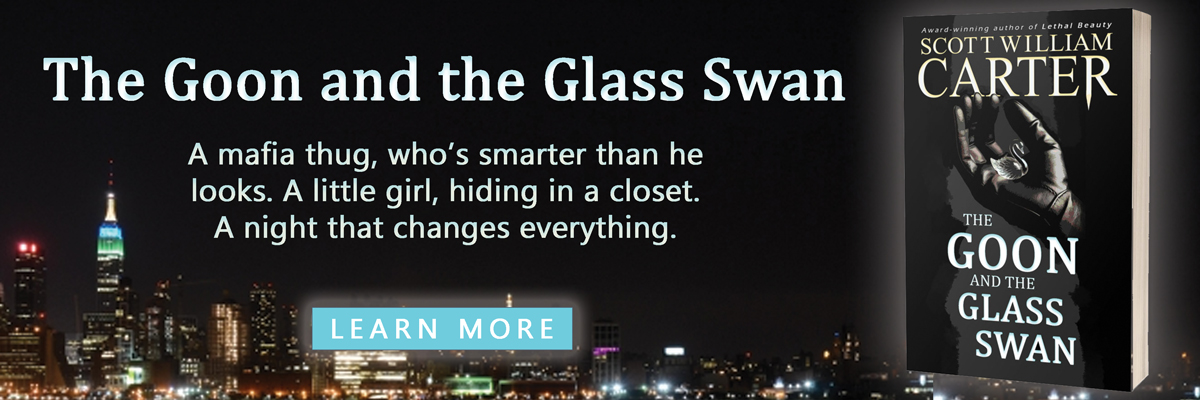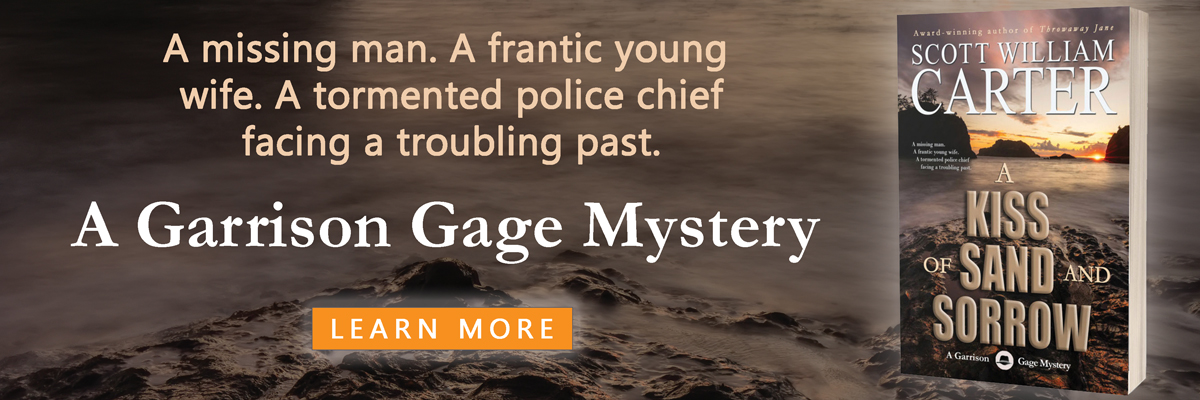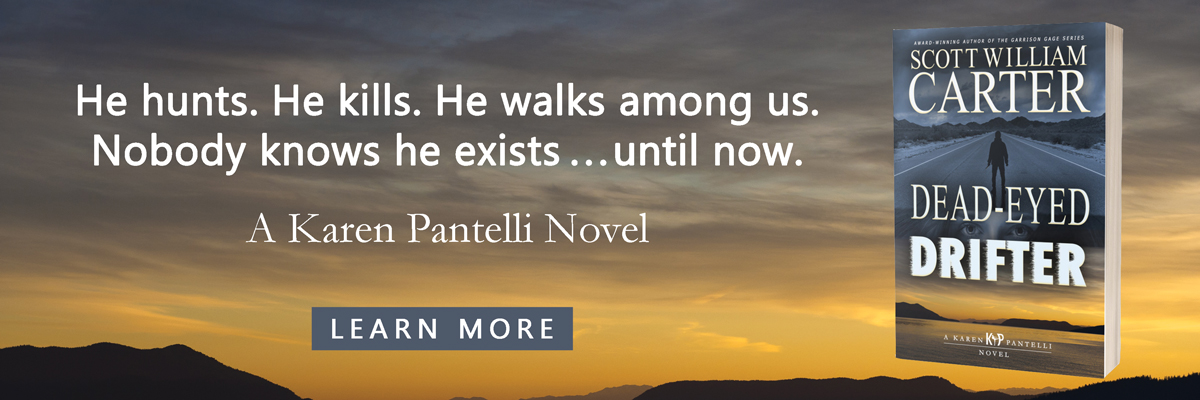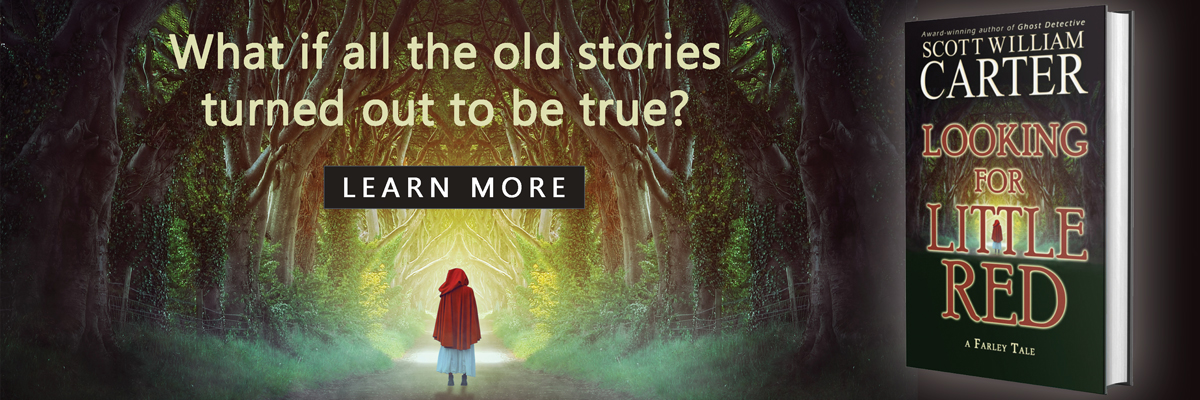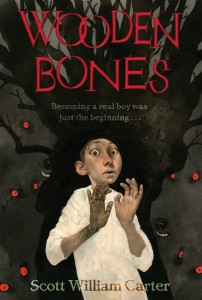Think the comment sections on YouTube videos are the cesspools of the Internet? You’re not alone. The AP has an interesting article up on the steps some sites, including YouTube, are taking to curb the rampant vile behavior you often find on comment sections across the Internet:
“Mix blatant bigotry with poor spelling. Add a dash of ALL CAPS. Top it off with a violent threat. And there you have it: A recipe for the worst of online comments, scourge of the Internet.
Blame anonymity, blame politicians, blame human nature. But a growing number of websites are reining in the Wild West of online commentary. Companies including Google and the Huffington Post are trying everything from deploying moderators to forcing people to use their real names in order to restore civil discourse. Some sites, such as Popular Science, are banning comments altogether …” [Read the rest.]
As I said to a friend of mine the other day, the fastest way I can find to lower my opinion of humanity is to read the comment sections on major news sites like CNN.com, so I’m glad to see some of them taking steps to curb some of this behavior. While total anonymity doesn’t bring out the worst in everybody, it certainly brings out the worst in the worst of us, and since only the bored, the passionate, or the enraged tend to comment on the Internet at all, the percentage of people who seem like loons is magnified.
This article got me thinking about whether a blog needs to have a comment section at all to be successful, or whether it’s just a personal choice depending on the inclinations of the person doing the blogging. A little Googling led me to Mark Hughes, who blogs at Forbes.com, and who had an interesting take on this question in his post “Are Comments the Measure of a Successful Blog?”
“My blog has received a total of only 1,289 comments in a period of about a year and a half. That’s an average of around 71 comments per month, and many of them are from me personally in discussions with readers, so really probably only about 60 or so per month are from readers.
And really, about half of all of the comments I’ve gotten in the last 18 or so months came on just five or so articles/posts. Meaning I really probably only get about 20 comments per month from readers most of the time. Of those, some are from the same people posting multiple comments, so we could safely say the number of unique individuals commenting on my blog per month is around 15 or so.
But despite that low level of commenting, I had a million-and-a-quarter total views last month, with more than 550,000 unique visitors. That was a pretty good month for me, my first topping a million views, but I pretty consistently average in the quarter-million range for unique visitors (sometimes much higher, sometimes closer to 200,000) and have a very healthy repeat viewership percentage as well.”
The rest of the post is well worth reading. I know that Andrew Sullivan, one of the most popular bloggers on the Internet, has no comment section at all. It certainly hasn’t hurt his traffic.
Although I haven’t blogged very frequently the past ten years, that’s something I’m planning on changing as the nature of my writing career and my day job at the university have grown closer together, and one of the questions I’ve wrestled with is whether to turn the comment section back on. Since this blog until now was mostly just news related to my fiction, with the occasional post (three or four times a year if that) about writing or publishing that might be of interest to a wider audience, I didn’t think it needed a comment section. Now I’m leaning toward keeping it off, because I’d rather channel any energy and time that would go to managing a comment section into posting more frequently.
That said, I certainly think a comment section can be a viable part of a blog, if managed properly. I even find myself commenting on a few. But necessary? I can’t find much evidence to support that conclusion.

